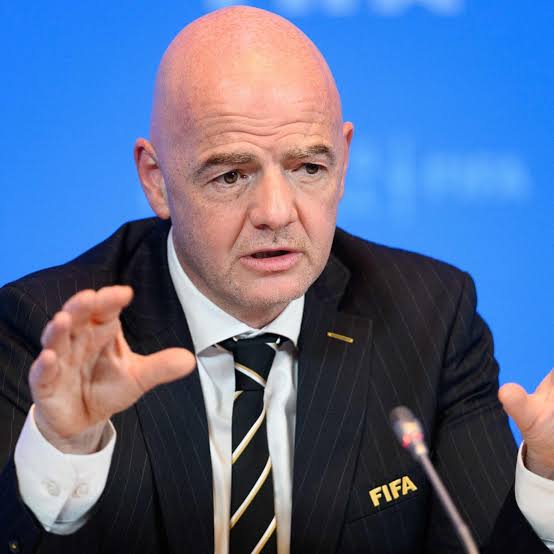Australia is on the brink of a significant stride towards reconciliation, as preparations for a landmark referendum set for October 14th are underway. The impending vote will determine whether the nation will institute an Indigenous Voice to Parliament, a move with far-reaching implications. If approved, this body will not only acknowledge the rights of Aboriginal and Torres Strait Islander people within Australia’s constitution but also provide a permanent platform for them to contribute advice on legislative matters.
Debates surrounding this proposal have ignited across the country, fueled by the fact that Australia hasn’t witnessed a successful referendum in almost five decades. The bar for success is set high: a majority of Australians must vote in favor, and majority support is required in at least four of the nation’s six states.
Prime Minister Anthony Albanese, revealing the referendum date in Adelaide, highlighted the potential for unity and positive transformation. The envisioned Indigenous Voice would manifest as a committee composed of Indigenous Australians, carefully selected by their own community to provide invaluable advisory input to the government.
This endeavor traces its origins to the Uluru Statement from the Heart, a historic document formulated in 2017 by over 250 Indigenous leaders. Though not universally endorsed, this statement is recognized as a pivotal call to action, addressing the multifaceted challenges faced by First Nations Australians.
Champions of the Indigenous Voice view it as a significant leap towards reconciliation in a country that has never formalized a treaty with its Indigenous population. Yet, critics, including opposition leader Peter Dutton, raise concerns over the lack of intricate specifics in the proposal, while some fear potential divisions along racial lines.
The intensity of the ongoing debate has raised alarms about its potential toll on the mental well-being of Indigenous individuals. As the nation braces for this momentous vote, Australia’s capability to confront and address the complex issues confronting its Indigenous communities hangs in the balance.
Advertisement





